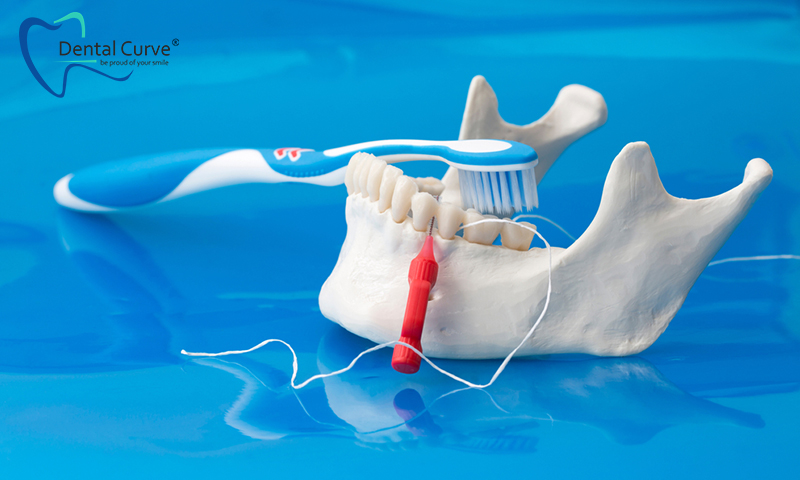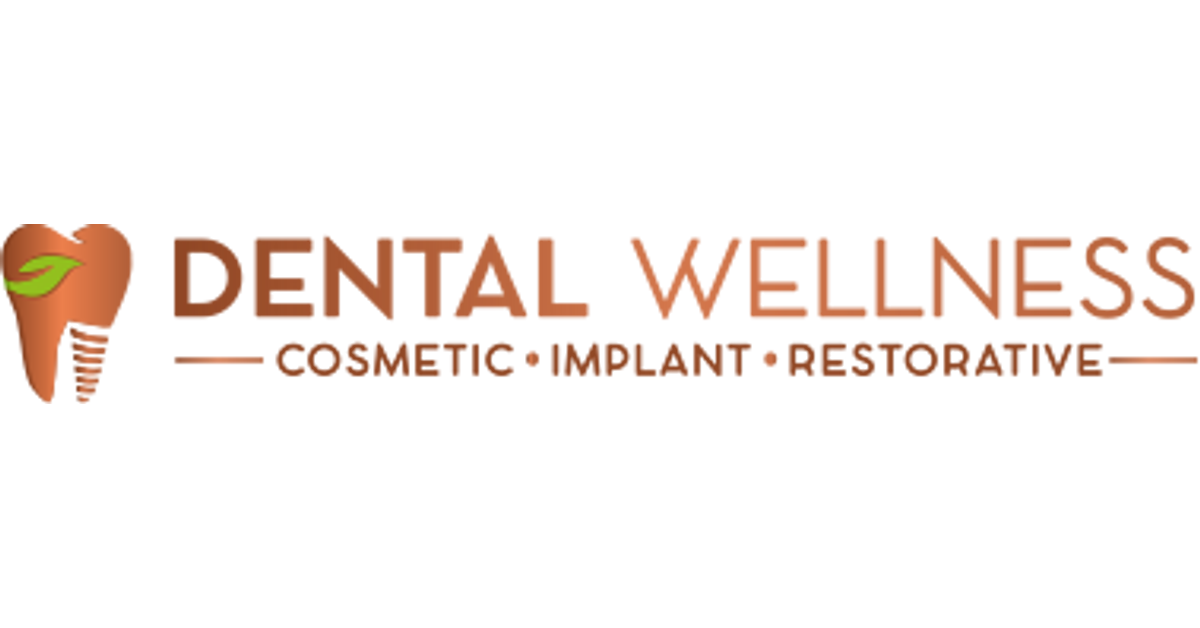
Nurturing Healthy Smiles: Unveiling Essential Dental Care Practices
Embarking on a journey of optimal oral health involves adopting and consistently practicing essential dental care habits. Explore the key practices that contribute to maintaining healthy smiles and a vibrant oral well-being.
Foundations of Daily Dental Hygiene
At the core of effective dental care practices lies the commitment to daily oral hygiene. Brushing your teeth at least twice a day with fluoride toothpaste helps remove plaque and bacteria, preventing cavities and gum disease. Incorporating dental floss into your routine ensures thorough cleaning between teeth, promoting comprehensive oral cleanliness.
Balanced Diet: A Pillar of Dental Health
The significance of a balanced diet extends beyond overall health; it is a fundamental pillar of dental well-being. Nutrient-rich foods, particularly those high in calcium and vitamin D, contribute to strong teeth and gums. Conversely, limiting sugary snacks and acidic beverages helps prevent tooth decay, fostering a harmonious balance for oral health.
Routine Dental Check-ups: Preventive Care in Action
Regular dental check-ups are not just reactive measures; they are a proactive form of preventive care. Dentists play a crucial role in identifying and addressing potential issues before they escalate. Scheduling routine visits, typically every six months, ensures that your oral health remains under the vigilant care of dental professionals.
Mastering Proper Brushing Techniques
Brushing your teeth is a daily ritual, but the technique matters as much as the frequency. Opt for a soft-bristled toothbrush and use gentle, circular motions to clean all tooth surfaces effectively. Pay attention to brushing your tongue and the roof of your mouth, completing a comprehensive oral hygiene routine.
Flossing: The Often Overlooked Hero
While brushing is a well-known dental care practice, flossing is often overlooked. Yet, it is a hero in maintaining oral health. Flossing reaches the areas between teeth that a toothbrush can’t, removing trapped food particles and preventing plaque buildup. Make flossing a daily habit to enhance your oral care routine.
Say No to Tobacco: A Pledge for Oral Well-being
Tobacco use poses severe threats to oral health, leading to issues like gum disease, tooth decay, and oral cancer. Committing to a tobacco-free lifestyle is a powerful pledge for your oral well-being, significantly contributing to the prevention of various dental concerns.
Protective Measures: Mouthguards and Night Guards
Engaging in physical activities with the risk of facial impact requires protective measures. Mouthguards offer a barrier, preventing injuries such as chipped teeth or jaw fractures. Additionally, for individuals who grind their teeth, especially at night, wearing a night guard safeguards against wear and tear caused by bruxism.
Educational Resources for Dental Care: A Wealth of Insights
To further enrich your understanding of dental care practices and gain additional insights, visit Studentals.net. This platform provides valuable resources and educational content to support your journey towards optimal oral health.
Holistic Dental Wellness: A Lifelong Commitment
Dental care is not a one-time effort but a lifelong commitment to well-being. By incorporating these practices into your routine and staying informed through educational resources, you invest in the long-term health of your teeth and gums. Embrace a holistic approach to dental wellness for a lifetime of healthy smiles.
Incorporating these essential dental care practices into your daily life establishes a solid foundation for optimal oral health. By nurturing healthy smiles through proper hygiene, a balanced diet, and preventive measures, you pave the way for a radiant and confident oral well-being.




